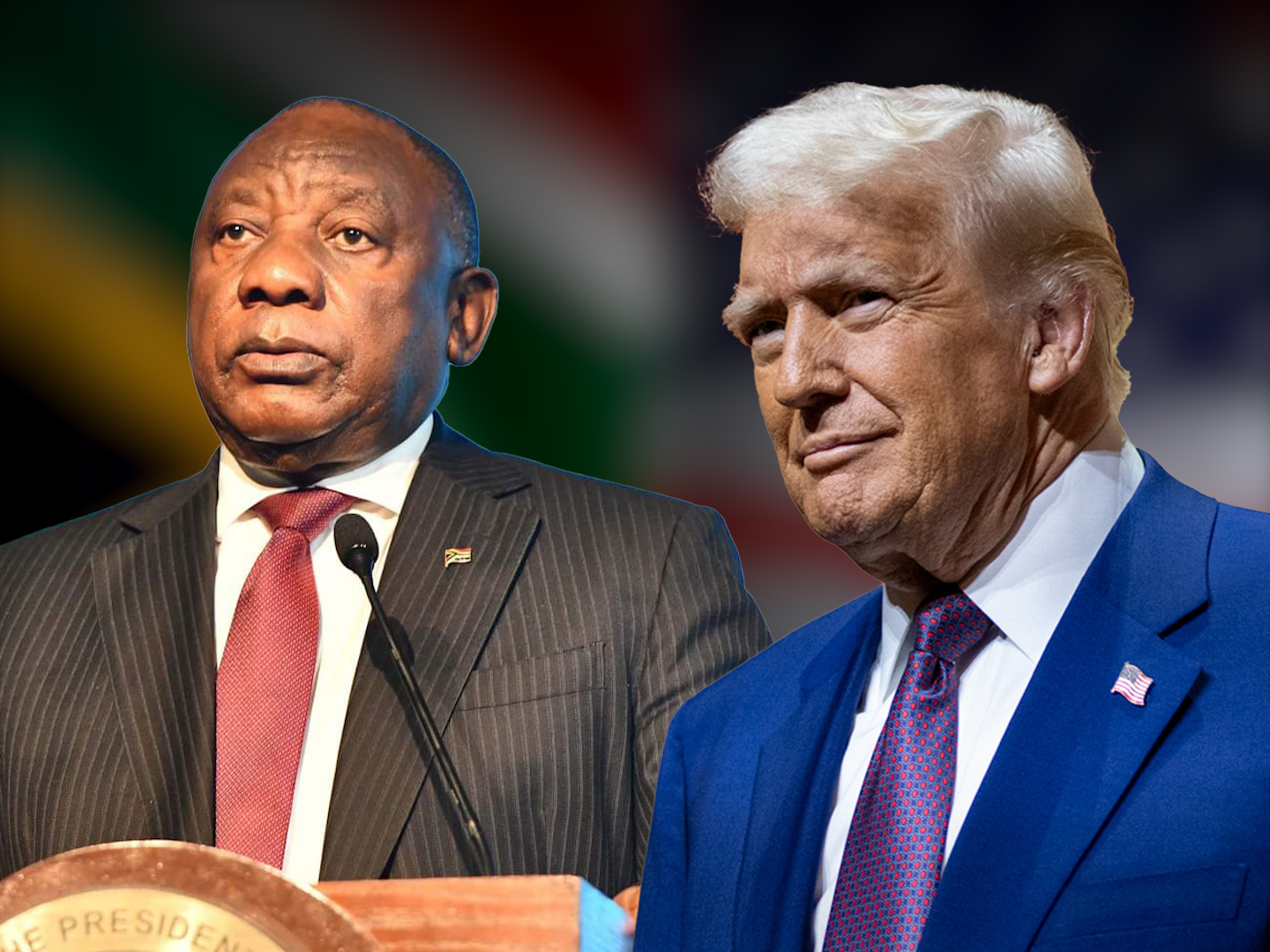As President Cyril Ramaphosa meets with US President Donald Trump to discuss a wide range of issues including the tense diplomatic ties between the two countries and the issue of the recently migrated Afrikaners that have settled in the US as refugees, let us not forget about the issue of how the fraught relations between the two countries has the potential to impact the South African mining industry.
In February South Africa’s minister of mineral resources Gwede Mantashe expressed a view that South Africa should consider stopping supplying minerals to the US after Trump announced the withdrawal of funding to South Africa that affected, among many others, the country’s HIV/Aids and TB programmes and its Just Energy Transition plans.
In addition to that, in April the US also imposed a 30% tariff on South African exports, including minerals such as iron ore and diamonds, which hindered global economic growth and as a result diminished general global demand for South African minerals. The country’s mining industry stands to suffer greatly as, according to Minerals Council South Africa, in 2024 total South African exports of mineral products and precious metals to the US amounted to R65.3 billion.
🎥 WATCH: President @CyrilRamaphosa arriving at the South African Embassy in Washington DC earlier today for a strategic briefing session with the #TeamSouthAfrica.
President Ramaphosa is currently in the United States for a working visit to revitalise bilateral relations… pic.twitter.com/hZoSA5aKNJ
— The Presidency 🇿🇦 (@PresidencyZA) May 20, 2025
However the irony is that the US under Trump says it is interested in developing the mining sector in Africa. On the first day of his second term, Trump signed an executive order focusing on minerals, mineral extraction and mineral processing. This is a sentiment that was also expressed at the Investing in African Mining Indaba event in February by the acting deputy assistant secretary of state for energy transformation at the US State Department, Scott Woodard.
While going with Mantashe’s idea could elicit mixed responses from industry, one of the things Ramaphosa should do during his meeting with Trump is to insist that, in addition to mineral extraction, Africans want projects that add value to the raw materials in order to boost the continent’s industrialisation.
ALSO READ:
DRC-US minerals deal: Who wins and how does it impact the region?
In recent years the US’ investment in African minerals needed for cleaner energy has been driven by the Export-Import Bank of the United States. In 2022 the country entered into agreements with the Democratic Republic of Congo and Zambia to establish a supply chain for electric vehicle batteries, underscoring its interest in both countries’ copper, lithium and cobalt resources.

Ramaphosa needs to be assertive and remind Trump that the US will have to learn to play nice with Africa if it wants to benefit from our precious mineral resources. The so called “reciprocal” tariffs have not had the desired impact as the country had to backtrack subsequently. There has also been backtracking on some of the executive orders it had put out, with the stock market collapse that resulted in $10 trillion being wiped off global stocks over the two days after the announcement of the tariffs seeing US farmers complaining as well as an overwhelmingly hostile reception by the business world to the tariff policy.
The US needs South Africa’s critical minerals for its industries, especially in the auto manufacturing sector. This is one of the negotiation tools Ramaphosa must use. With China having become a significant trading partner with Africa in the minerals space, the US has fallen behind in the scramble for the continent’s critical minerals.

